“You can believe in a story without believing that it happened.”
Kaladin asks all the right questions. The same unanswerable questions that I ask within myself: who makes the divine moral code that only certain humans benefit? Are the humans with families, feelings, lives, and experiences similar to ours really the enemy? If God was good, why is there war? Kaladin’s questions lead to the realization that his spren, his piece of divinity, does not know the answers any more than he does. All of the characters, Gods or not, are learning from experience, making misguided mistakes. Their Gods have died and left them alone to figure things out on their own. Like me.
The implications of the theme mercy creates chaos throughout Oathbringer hurts my heart. Is this true? The oaths that the Knight Radiants speak ordains them with the power of immortality; the oaths are merciful, but the powers they bring forth are destructive, chaotic. Why? The oaths of mercy create shard blades in the hands of the speaker. Every time a leader shows mercy, the enemy seizes an opportunity to attack. I want there to be a better way. Maybe Sanderson will find one for me.
This is my first experience with epic fantasy and the long, unresolved conflicts, relationships, and history that continue upon thousands and thousands of pages is a good practice in patience. I once heard Sanderson say that he writes every scene hoping that it is someone’s favorite. Thanks, Sanderson, that is why I can spend this much time reading about your imagined world. One of my favorite scenes is when Dalinar, Blackthorn the slaughterer, walks into battle without a sword or armor but with a book in his hands.


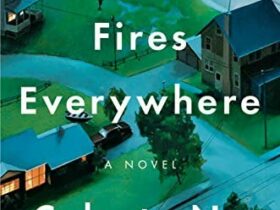
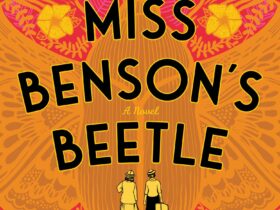

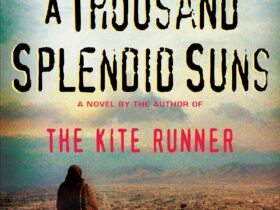
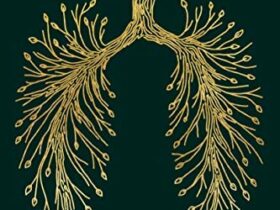

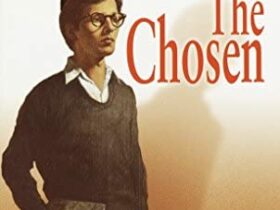
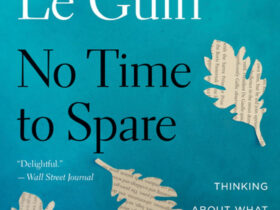

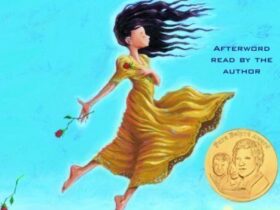
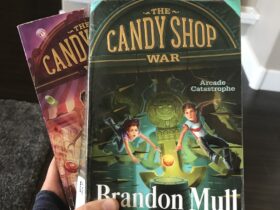
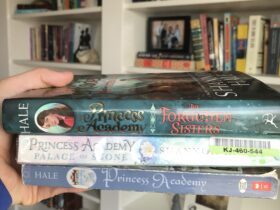
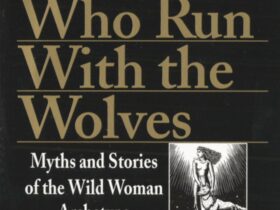





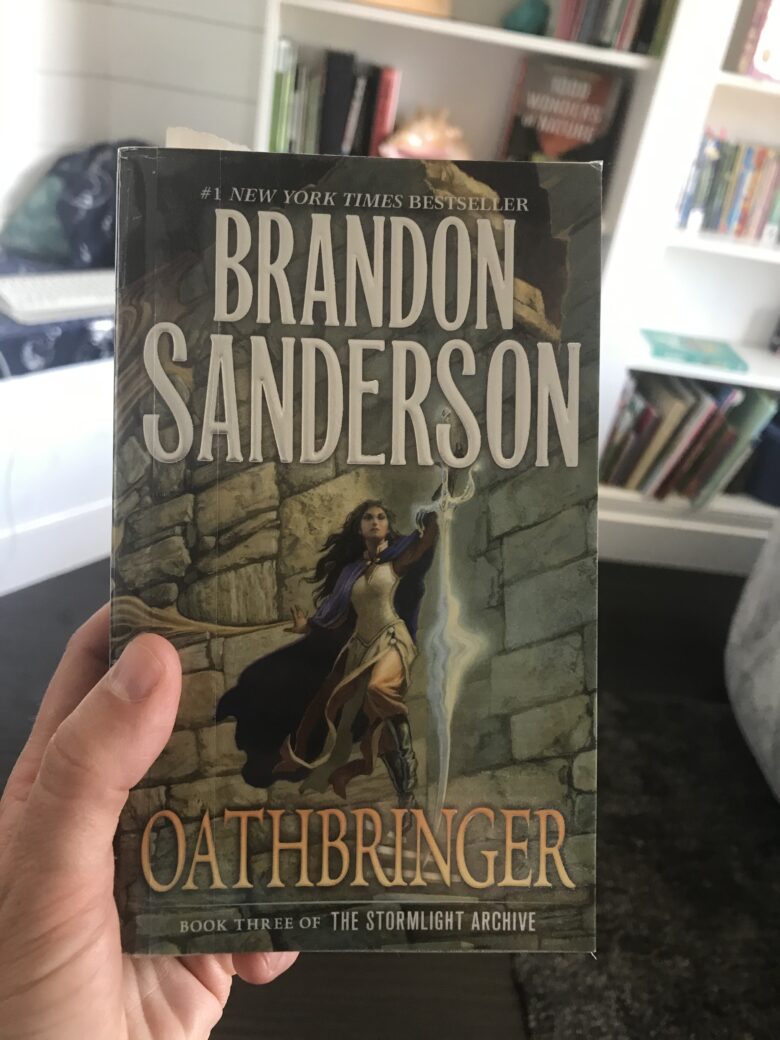

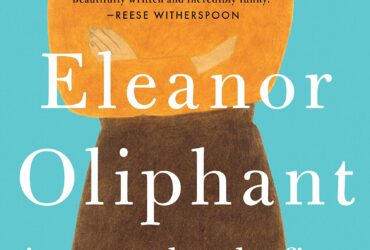
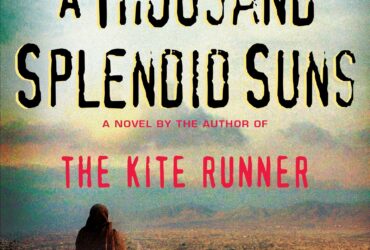
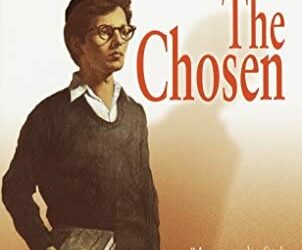

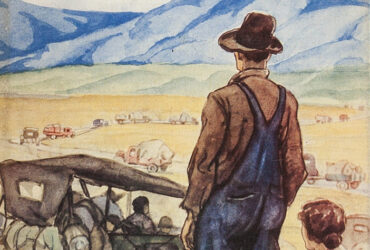

Leave a Reply